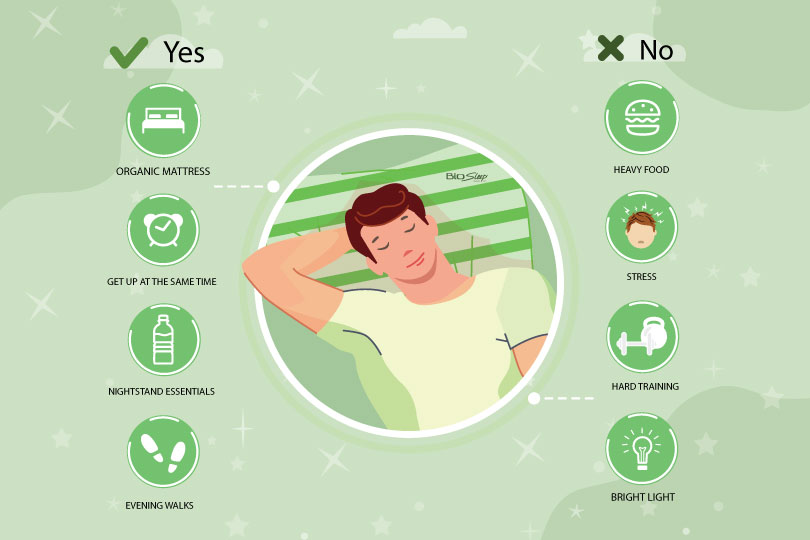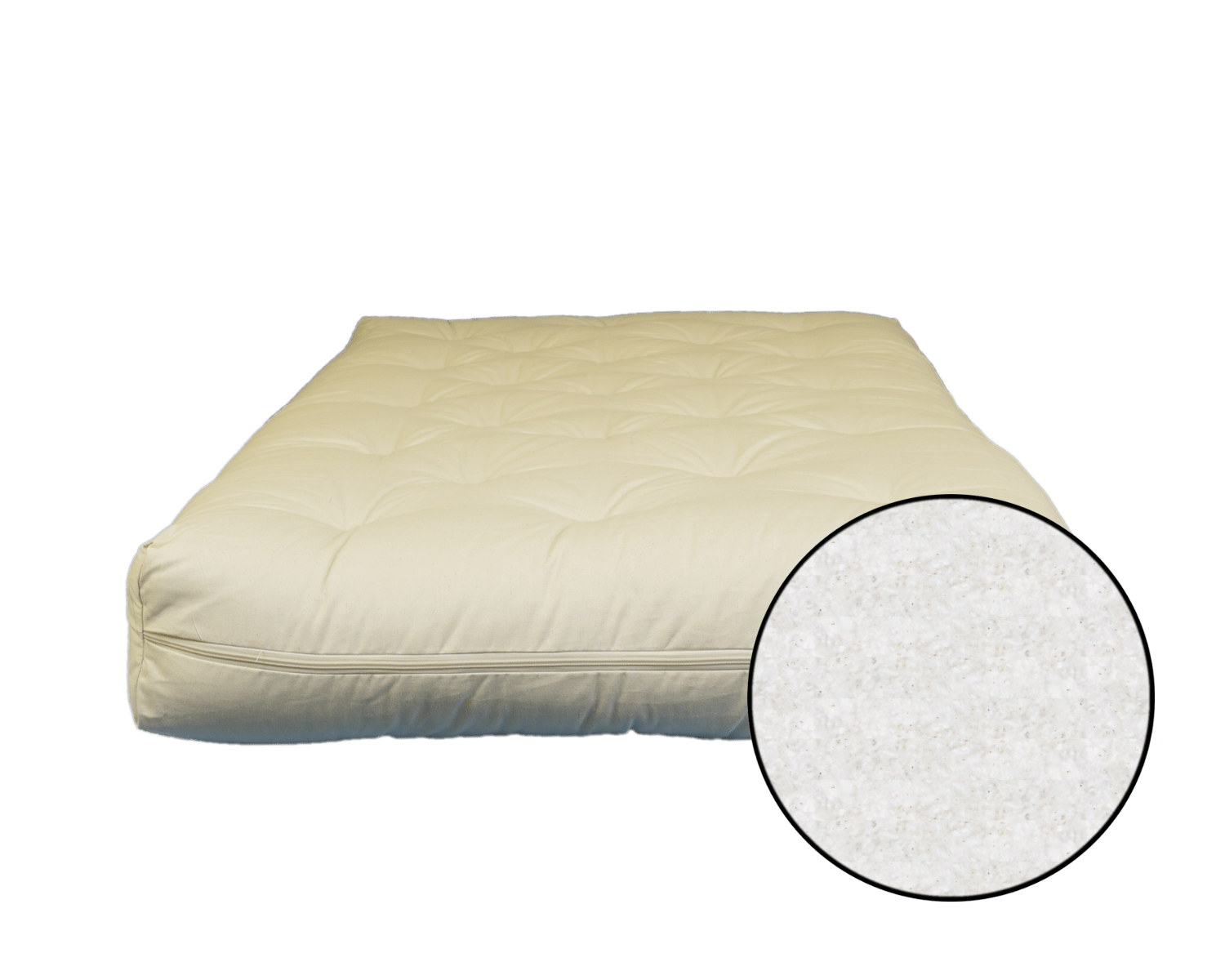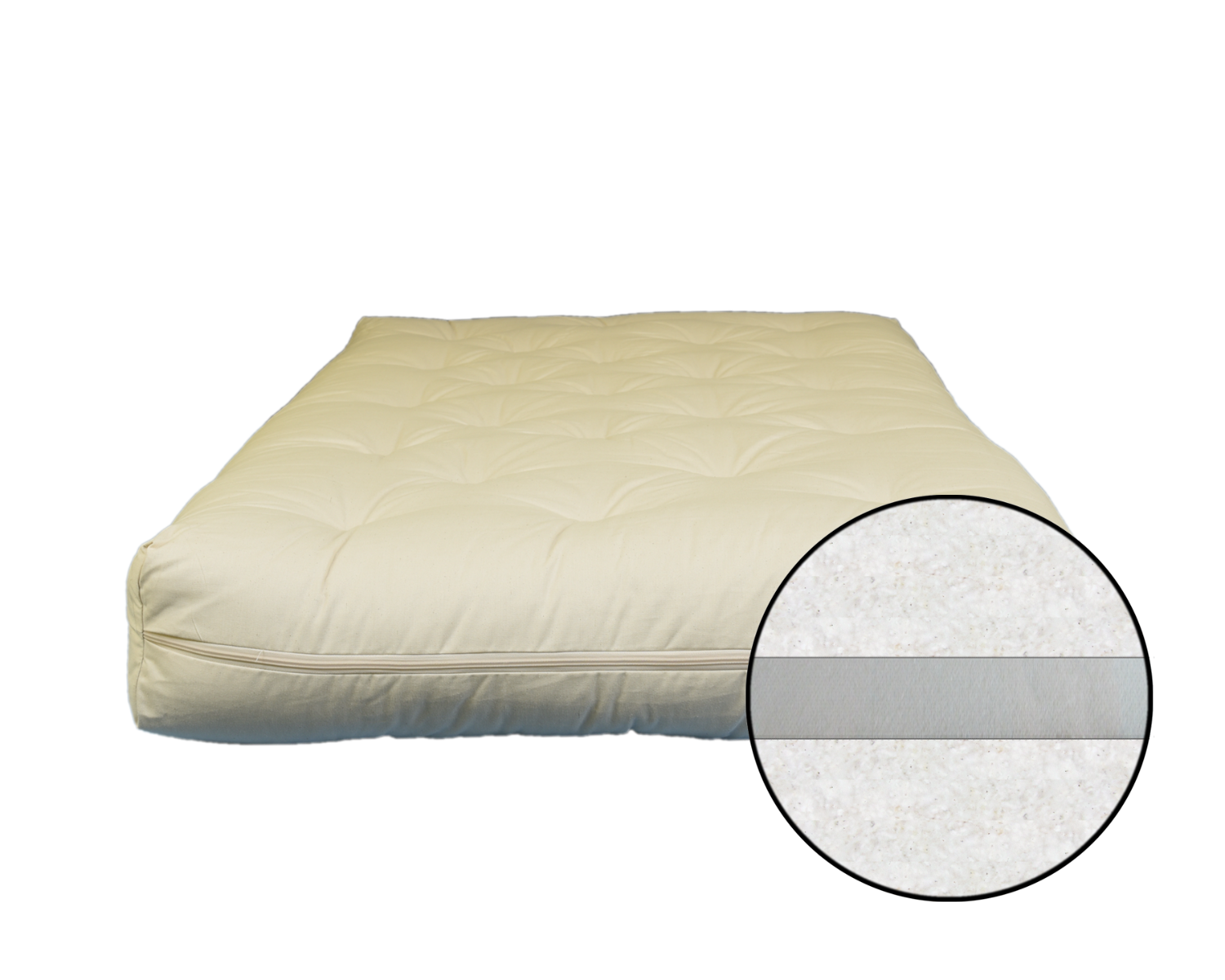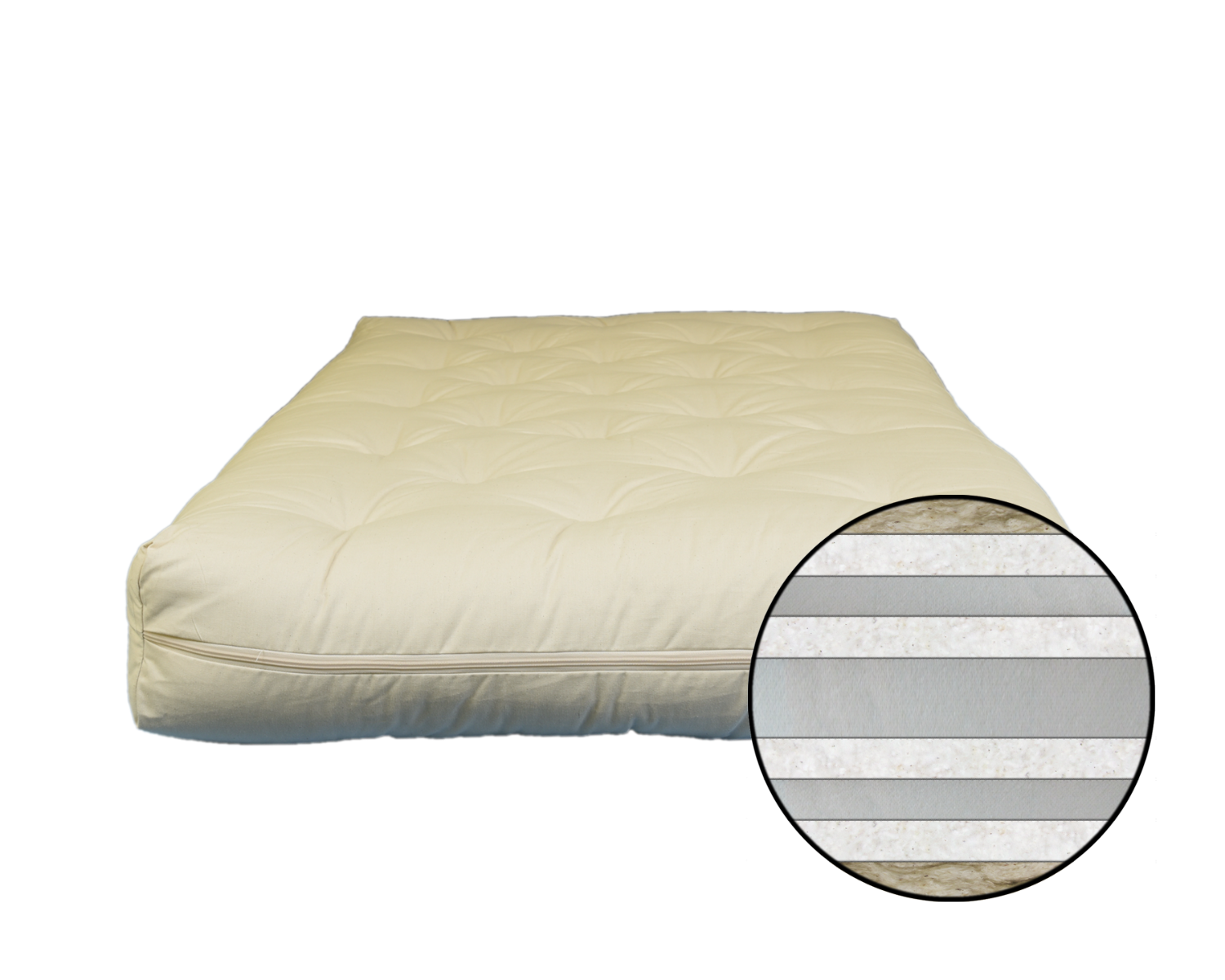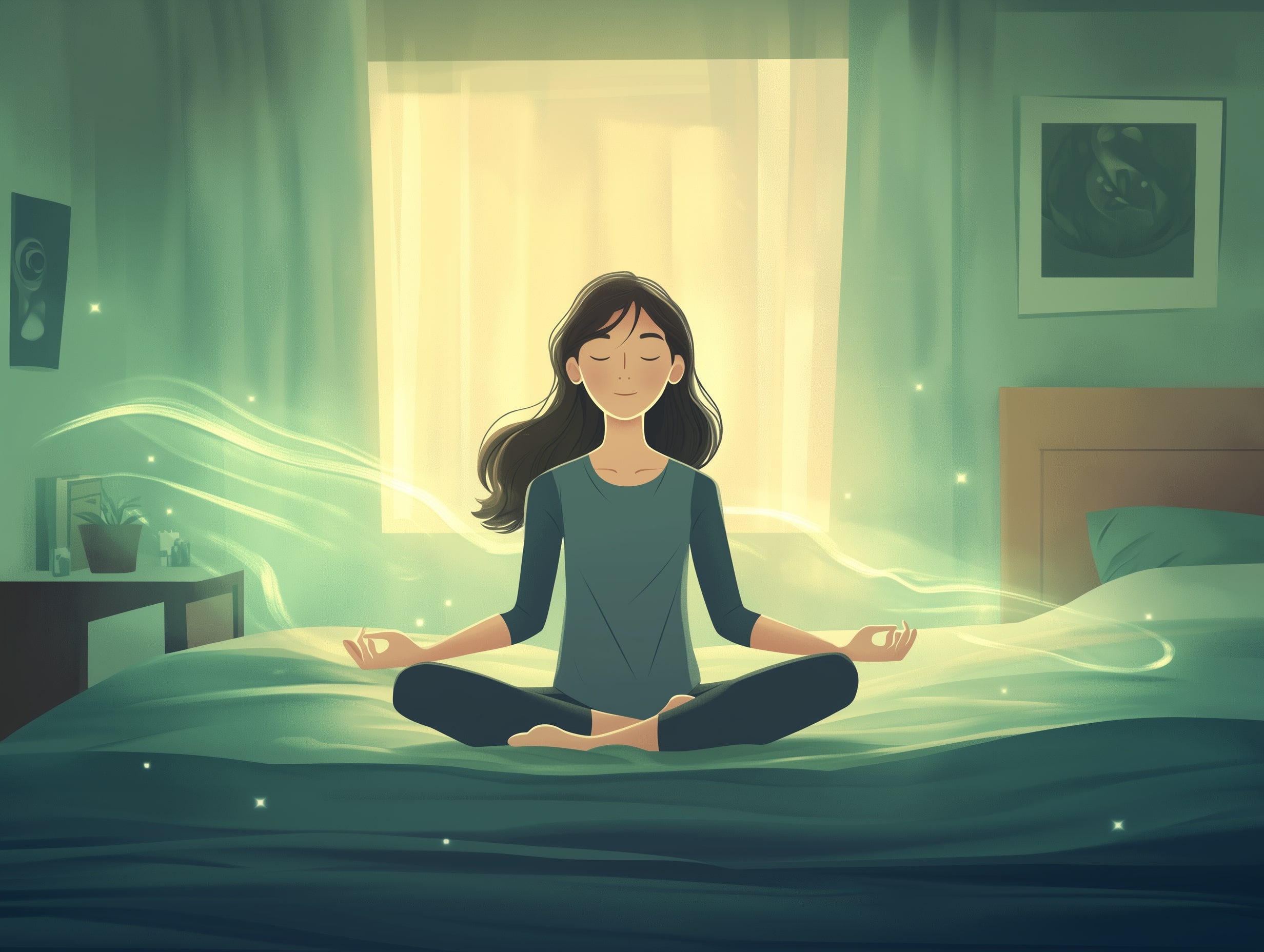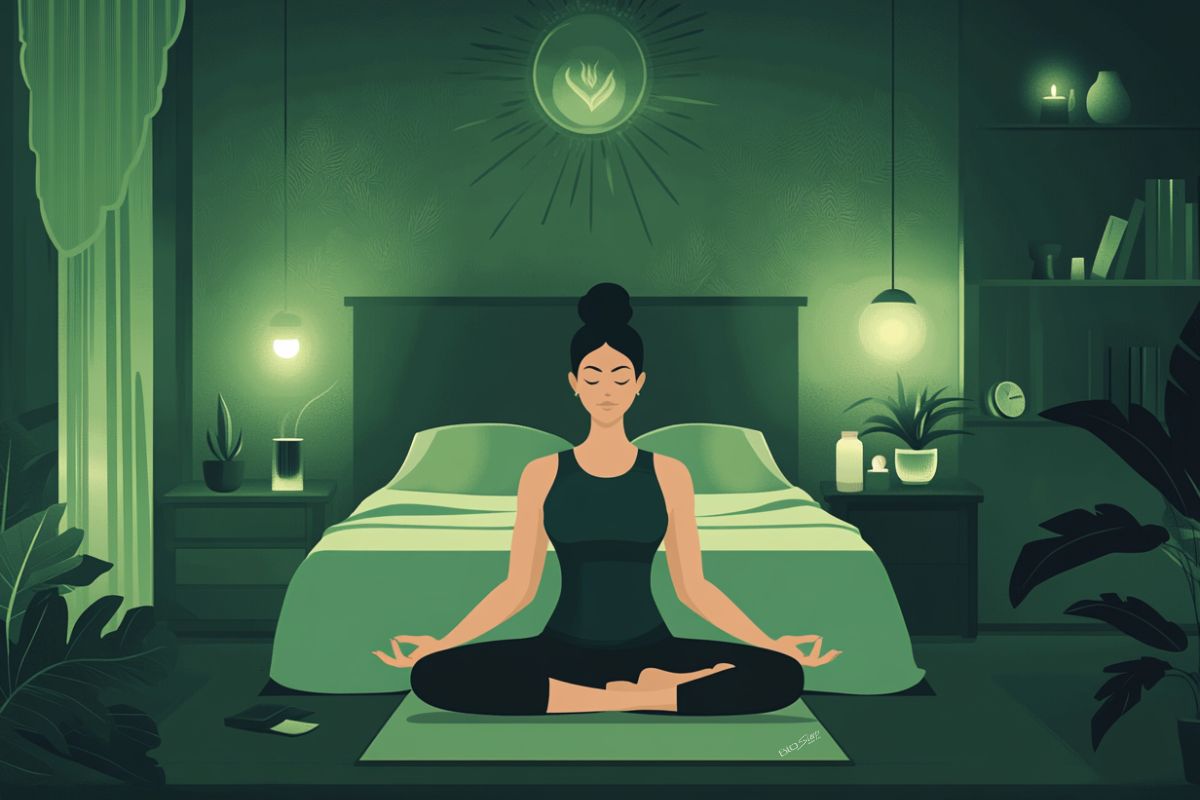REM sleep has a great hold on influencing dreams, emotional processing, and healthy cognitive functions. In fact, most of your vivid dreams occur during REM sleep. Also, the part of the brain, which is responsible for emotional responses, activates during this sleep stage.
The concept of REM (Rapid Eye Movement) sleep was discovered in the 1950s. While studying sleeping babies, scientists observed their eyes moving rapidly from one side to another. They realized that newborns spend most of their time sleeping in this stage, and it may help develop their brains.
The human brain requires different amounts of REM sleep in different stages of life. In infancy, the brain needs at least eight hours of REM sleep as it needs to develop more. The brain of an adult individual requires an average of two hours of REM sleep each night. Although spending time in this specific sleep stage depends on one’s physical and biological needs.
Many express that they cannot experience enough time spent in the REM stage. So, what can be the reasons that prevent them from achieving more rapid eye movements during sleep?
Factors, like inadequate sleep, consumption of alcohol, caffeine drinks, and stress can delay the time one enters into REM sleep. Also, sleeping on an uncomfortable bed may lessen the duration spent in this particular stage of sleep.
The functional medicine expert Jill Carnahan, MD, says
“I am committed to getting great sleep because it’s such a foundation of optimal performance.”
You might be wondering which factors can help you get more REM sleep. In this article, we’ll tell you a few do’s and don’ts, like embracing a certified organic mattress or avoiding junk food before bed, that will assist you to dive into the stage of your REM stage.
Bedtime Do’s and Don’ts to Achieve More REM Sleep
Do’s
- To achieve quality sleep, focus on the surface you sleep on. If your bed does not offer enough comfort, it will keep you tossing and turning the whole night. Therefore, you might spend the most time in the light sleep stage instead of entering into the REM stage.
- The material of your mattress also influences the quality of your sleep. Dust and mites often accumulate in the layers of old mattresses, which may lead to allergic reactions at night. Consider replacing your regular mattress with a certified organic mattress that has hypoallergenic quality.
- Developing a healthy sleep schedule is important for better sleep. Try going to bed and waking up at the same time each day, even on weekends.
- Keep your nightstand essentials, like a book, glass of water, or eye mask, beside your bed to reach them easily when needed at night.
- Studies have shown that a walk in the evening can help sleep deeper at night. Consider performing moderate exercise, like walking, in the evening to prepare your body to fall asleep quicker.
Don’ts
- Consider not consuming heavy or fast food just before going to bed. Ingredients used in the preparation of such food take much time to digest. So, consuming this kind of food may cause digestive issues, leading to sleep disturbance at night.
- Avoid thinking about unpleasant or stressful incidents at bedtime. Stress creates strain on the brain muscles and makes it difficult to rest.
- Make sure not to perform heavy exercise, like skipping rope, or cycling, before bed. These high-intensity workouts increase body temperature and heart rate which cause difficulty sleeping.
- Sleep experts suggest avoiding bright light exposure during or before bedtime. It can cause tension in your eye muscle and delay sleep. However, if one manages to sleep in a bright atmosphere, it might be difficult to enter into the REM stage of sleep.
Healthy Sleep Routine to Get 25% More REM Sleep
As our concern is to create a healthy sleep schedule for the night, we’ll focus on the second half of activities for each day.
- Between 4.30 to 5.30 p.m., you can go for an evening walk. It will raise your body temperature, helping you sleep better after decreasing.
- Around 6 p.m. after returning from the walk, you can have some healthy evening snacks.
- 7:30 p.m. can be the right time for having your dinner.
- After completing dinner and regular house work, consider taking a hot shower at 9.30 p.m. to keep yourself clean from dust, oil, and sweat.
- Make your bedroom sleep-friendly by eliminating bright light at 10.15 p.m. and slipping into your certified organic mattress.
- Around 10.30 p.m., you can easily drift off.
The Bottom Line
Once you develop and maintain a healthy sleep routine, you can stabilize your desired amounts of REM sleep.
In this article, we’ve discussed how a certified organic mattress, evening walk, night essentials, and consistent sleep schedule can influence the quality of your sleep. Besides, you have learned factors, like stressful thoughts, heavy exercise, and bright light exposure, that can cause difficulty in sleep.
Usually, prioritizing the above sleep schedule can help achieve more REM sleep. However, if you face sleep difficulties due to certain medications, consider consulting your physician about your sleep challenges.

